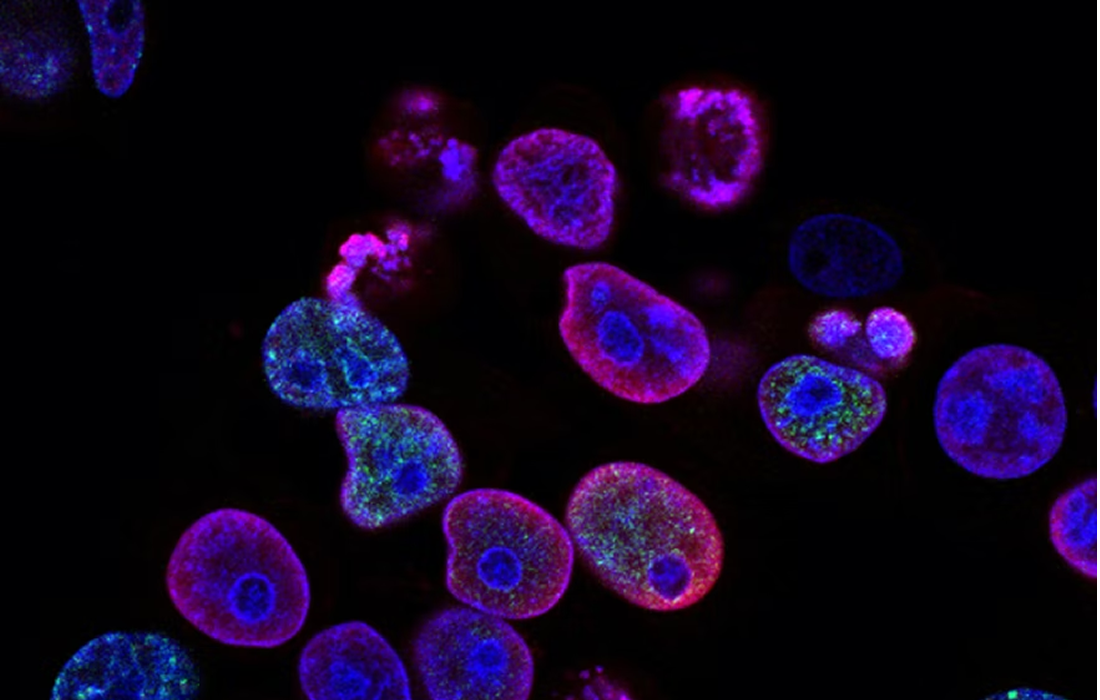Regenerative Medicine News and General Information
New Possible Treatment for Colorectal Cancer
Excluding skin cancers, colorectal cancer is the third most common cancer diagnosed in the United States. The American Cancer Society’s estimates for the number of colorectal cancer cases in the United States for 2022 are 106.180 new cases of colon cancer and 44,850 new cases of rectal cancer.
The rate of people being diagnosed with colon or rectal cancer each year has dropped overall since the mid-1980s, mainly because more people are getting screened and changing their lifestyle-related risk factors.
The treatment of rectal cancer varies depending on the type and severity. In a recently published study, researchers found that treatment with immune checkpoint inhibitors can yield highly positive results among people with a specific subtype of rectal cancer. The results appear in The New England Journal of Medicine.
Helping the Immune System Fight Cancer Cells
For the study, the team used an immune checkpoint inhibitor called programmed death receptor 1 (PD-1) inhibitor. Its use aims to prevent cancer cells from evading the immune system.
The study included a total of 12 participants with stage 2 or 3 mismatch repair-deficient rectal cancer. All the participants received the PD-1 inhibitor, dostarlimab intravenously every 3 weeks for over 6 months.
All of the participants had no evidence of tumors by the end of the trial, and none have had to undergo additional surgery or chemotherapy since after 6 months of follow-up.
The researchers are enthusiastic about their results but caution that they must be reproduced in a larger prospective cohort to evaluate if they can translate to a larger population and a more diverse set of participants.
Sources:
American Cancer Society. Key Statistics for Colorectal Cancer. Retrieved from:
Jessica Norris (2022, Jun 14). Colorectal cancer: All the people in this small trial emerged cancer-free. Medical News Today. Retrieved from:
Image from:
Photo by National Cancer Institute on Unsplash

